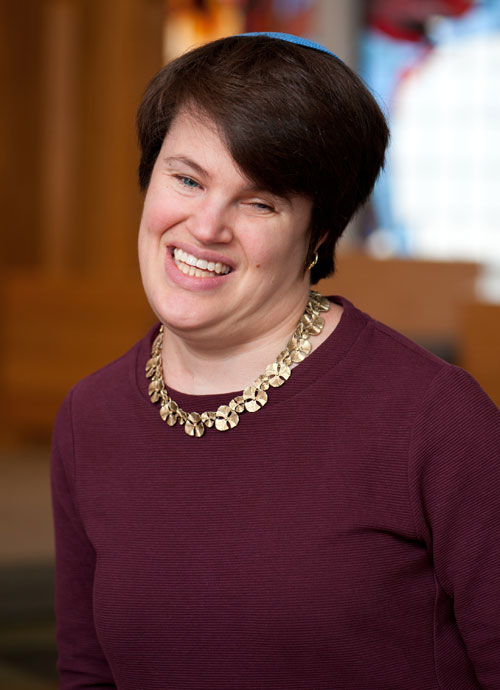
Rabbi Lauren Tuchman has always seen life through a different lens. For the now 33-year-old who has been blind since infancy, many things about her growing up were unique to her, and often not easy. But then again, being the “first” at anything never is.
After embracing Judaism as a teen, getting access to a braille siddur, learning Hebrew and then finding her way to the Hillel at Dickinson College in Pennsylvania, where she attended for undergraduate studies, she went on to pursue a graduate degree in Jewish Studies at New York’s Jewish Theological Seminary (JTS). She originally wanted to earn a PhD, too, but was led in another direction. “I don’t have a specific moment of when I knew I wanted to become a rabbi; it was more of a process,” she says. “Another big part of who I am is I am very connected to Jewish contemplative practice so part of my process was figuring out what I was being drawn to. I knew because of my changing observance. I wanted to be a halachic, traditional, egalitarian committed Conservative Jew.”
During her first semester at JTS, Rabbi Tuchman would attend Shabbat meal after Shabbat meal with other students who would go around the table introducing themselves—and they were all rabbinical students. At one point, her advisor sat her down and said, “You know all the rabbinical students and hang out with them all the time; are you interested in rabbinical school?” She laughed and assured him that’s definitely not happening, but three years after finishing her Master’s and working in the world, she did just that—returned to JTS to become a rabbi. “A lot of people saw it in me before I saw it in myself,” she says.
Rabbi Tuchman received her rabbinical ordination from JTS in 2018—making her, as far as she is aware, the first blind woman in the world to enter the rabbinate. Now a sought after speaker, spiritual leader and educator, she has taught at numerous synagogues and other Jewish venues throughout North America and was named to Jewish Week’s “36 under 36” for her innovative leadership concerning inclusion of Jews with disabilities in all aspects of Jewish life. She has also been doing inclusion work at Adas Israel Congregation in Washington, DC, where she is a member, and working with Avodah DC as a spiritual advisor to young adults, helping them navigate their Jewish journey and life in general. Additionally, she is proud to be part of the first cohort of SVARA Teaching Fellows.
Here, Rabbi Tuchman talks about her unique journey and what people can learn from Torah about disability inclusion:
How did your blindness shape your Jewish experience growing up?
“I am a product of intermarriage, and I was not part of the Jewish community growing up. I think one of the challenges for many Jews, especially if we come into Jewish life later, is we don’t have the extensive networks some of our peers have. I went to Jewish camp one summer when I was a teen, but my experience wasn’t very positive because I came in without any connections, so I missed out on some really formative years in Jewish life. I’m so grateful for the experiences I have had since and that I had tenacity and kept showing up. It’s had a tremendous effect on my identity and the things I’ve chosen to do and not to do.
Also, with different programs for young adults, I’ve found some are not as positive around disability or if they are, it’s in limited ways. I found it harder to participate in some typical Jewish programmatic opportunities as a teenager and young adult. I believe some of that relates to my blindness, but I also believe that there may have been other factors at play. There are things that can and should be done to make programs more accessible broadly, and I think that’s also challenging because we all have different needs. I’m very much in favor of the individual approach where we focus on the needs of each individual. In other words, two people may have the same disability but may have very different needs, so when we think about how to make teen opportunities maximally accessible, for example, we have to think both broadly and specifically.”
When you were in rabbinical school and knew you would be a “first,” how did you feel in the moment?
“There’s a tremendous chasm between having that realization to actually becoming the first blind woman rabbi. It was a lot more than I anticipated, as much internally as externally, because the groundwork is not laid when you’re a first at anything. When I graduated in 2018, I was very careful about my media exposure because of the way diversity is understood journalistically and what it means to be the first. I think at the time, I wanted to be known for the totality of who I am as a human being. Still, it’s something I am incredibly proud of; that I have a place in Jewish history and women’s history. The role has some perks, too. Rabbi Amy Eilberg—the first woman rabbi ordained by JTS—has become a mentor to me. She reached out saying, ‘I really want to get to know you.’ Who gets that email?”
What unique challenges did you face in rabbinical school and how did you meet those?
“When you’re the first in a field and a person with a disability, you learn quickly that a lot of the Jewish community resources available to serve the needs of Jews with disabilities are not equipped to serve you. Again, there are many reasons for this, but one is because they tend to be provided on a charitable model. You’d think that would be a really great thing, but the problem is you don’t have an agency overseeing quality or professionalism. When I was taking Modern Hebrew, I had to send out my textbooks to be transcribed because high-level Hebrew materials for blind rabbinical students just don’t exist. There aren’t many people who are able to transcribe into Hebrew braille. We need to put a lot more resources into things like this. I’m passionate about shifting away from a charitable model to a more consumer-driven model where you’re giving access to people in ways that are meaningful to them. That’s one of the ways I realize that being a first was extremely groundbreaking, humbling and difficult, because the ground was not laid and there were incredible costs to doing that.
Additionally, I went to rabbinical school with incredible self-awareness of the areas of the rabbinate I was interested in. There are serious systemic barriers to employment, though, so I thought if I’m going to make the commitment to go to rabbinical school, what am I going to do with it? Where does my energy go? Really getting out there was a challenge in some ways. I forged a very independent path and was deeply respected by my colleagues, teachers and administrators for that. My experience at JTS was overwhelmingly positive and the people around me were very invested in me and my success.”
How do you think the fact that you have a disability makes you better at what you do professionally?
“I believe the fact that I’m blind is part of my reality and doesn’t inherently mean that the wisdom I gain I will use in any particular way. This being said, I choose to take the wisdom I’ve accrued from it and use it in ways that help me in my own spiritual life and service to others. For me as a person, I do think in some ways it makes me more compassionate and gives me a much different perspective on the Jewish communal landscape. I know what it’s like to be on the outside of the Jewish community and not know how well I’d be accepted; so I can get in the mindset of Jews in the pews or people with disabilities. I just have a different lens simply because of the world I’ve grown up in. My experiences in some ways are so different and have really allowed me to become a teacher of Torah, which is what I want to primarily be known as.”
What can people learn from the Torah about inclusion?
“There’s a lot; our Torah gives us an incredible blueprint for living. In Genesis – Chapter 1, we are told that we’re all created in the image of God. Every single one of us are created in God’s image and if we are all here, God wants us to be here and we all matter. We are as we are; God does not want us to be altered. I am talking specifically in the context of disability. A lot of us have been taught our bodies are wrong and because of that, we should not have the same opportunities. It’s easy to translate that: As Jews, we are partners with God in the creation of the world and have to work to maximize accessibility for every one of God’s creations. It’s not the impairment that’s the problem; it’s the way in which society disables the individuals as much as it does.
In Exodus – Chapter 4, we also have the most amazing passage of the encounter between Hashem and Moses, where God says you are going to lead the children of Israel out of Egypt and Moses tells God he is slow of speech and slow of tongue, often understood to mean he has a speech disability. God says back to Moses, so who created those who are deaf, mute or blind, was it not I, God? I know who you are, because I created you and I know you are the right man for the job. I know you have the fortitude and ability to do this but you need the support around you, so I give you Aaron as your spokesman. That’s seen as the first reasonable accommodation. God doesn’t waffle. He says, ‘I understand and in order for you to do what you need to do in the world, I am going to provide you with the support structure you need to thrive.’”
What would you like to see more Jewish communities do to further inclusion even more?
“I’d love to see more work done to make Jewish education and communal experiences more accessible to people with disabilities. Another is thinking about service delivery in a way that’s listening and valuing people with disabilities at the center of the community. I really would love to see a shift away from a model that looks at investments purely as how high of a return…we have a mission to care for the souls of the people in our community, so how do we do that? It’s not only a numbers game, but also about the human element.”
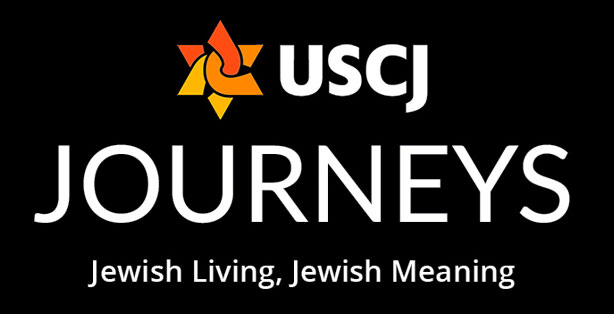
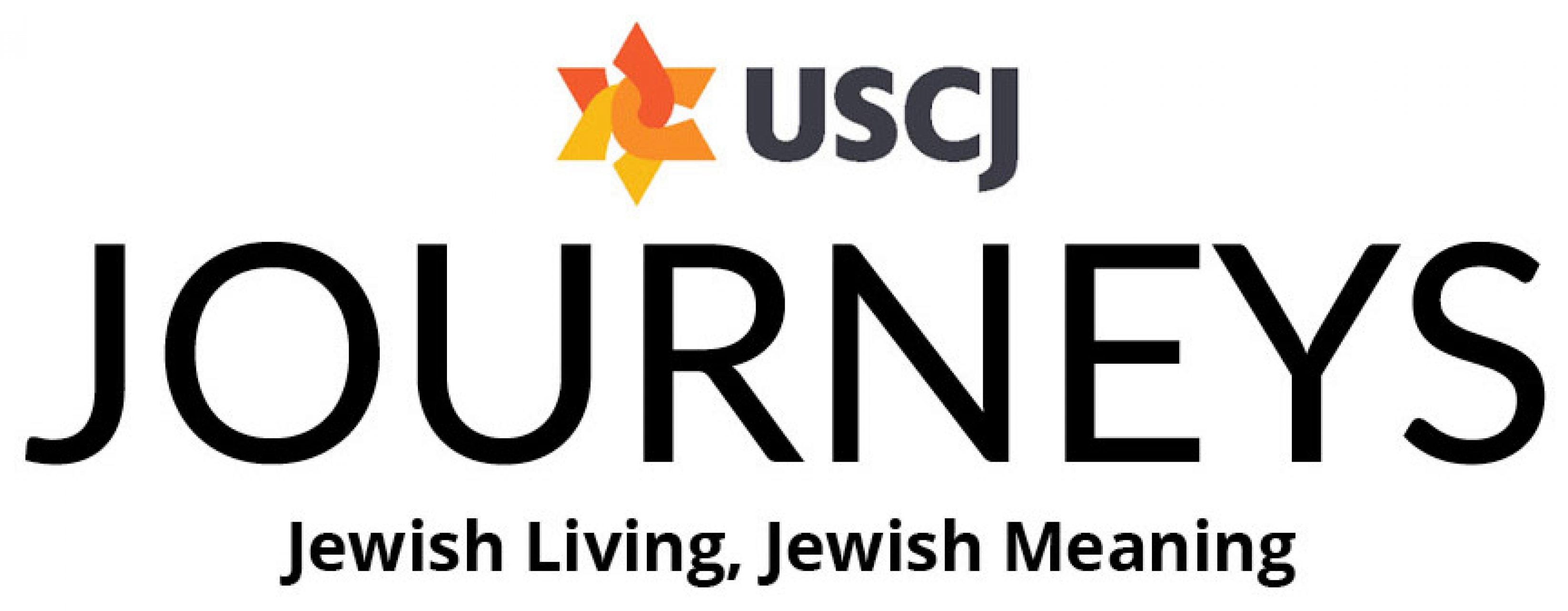
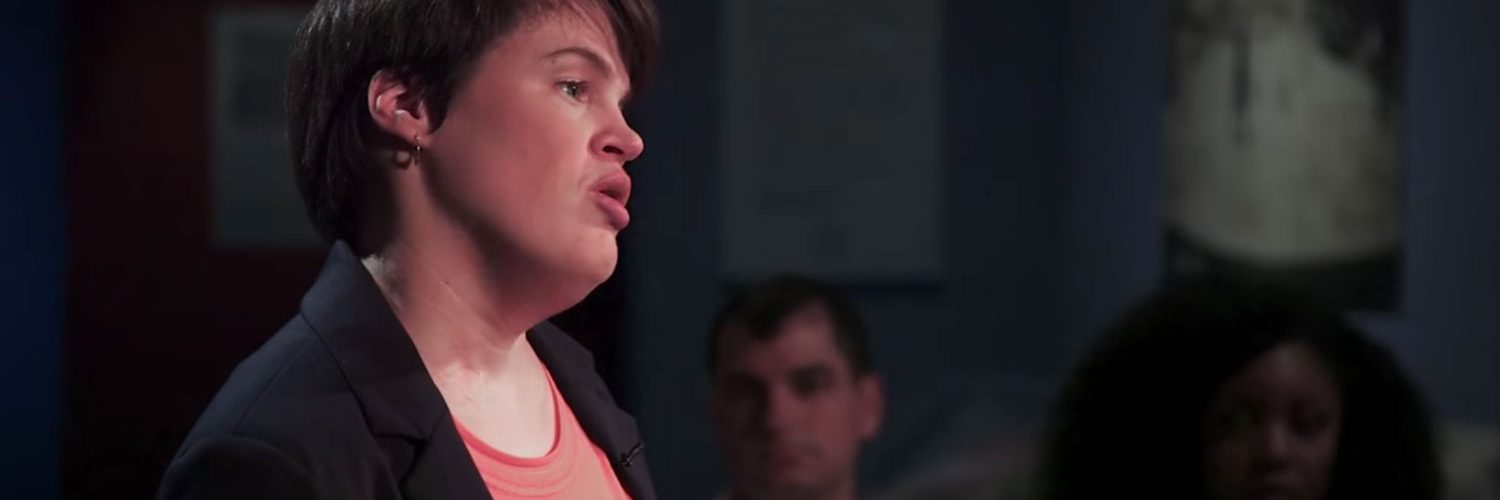


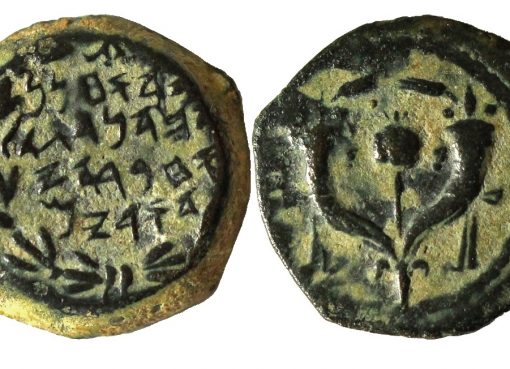
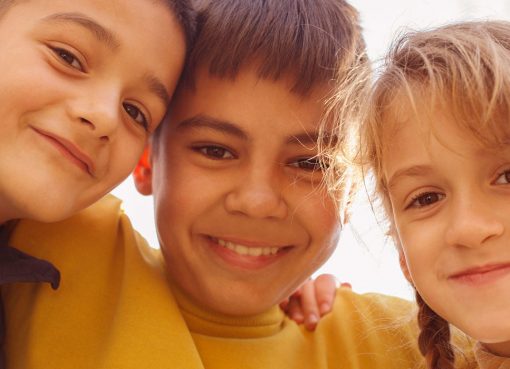

Comment here